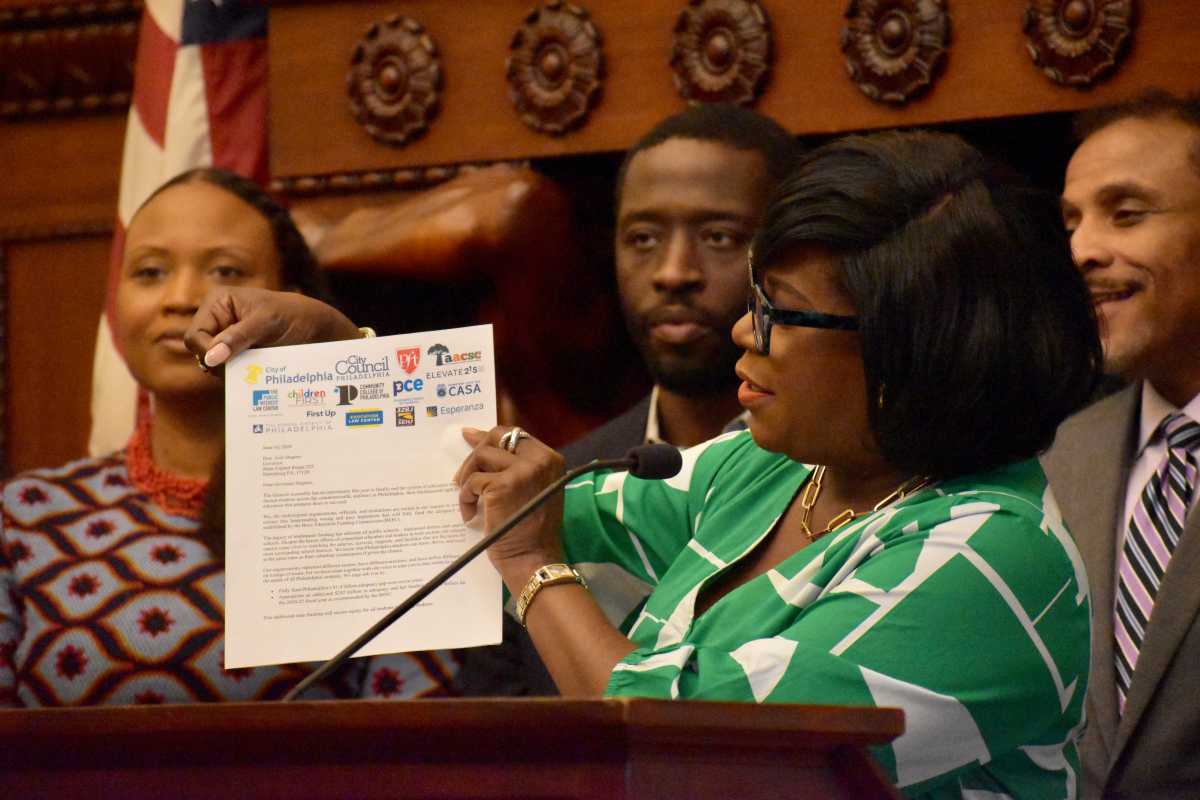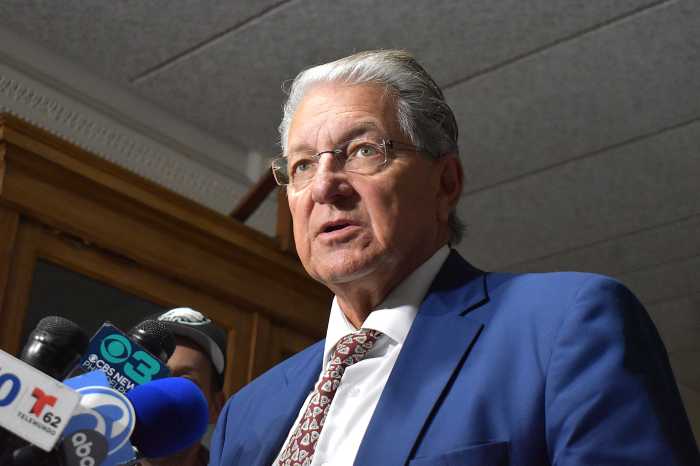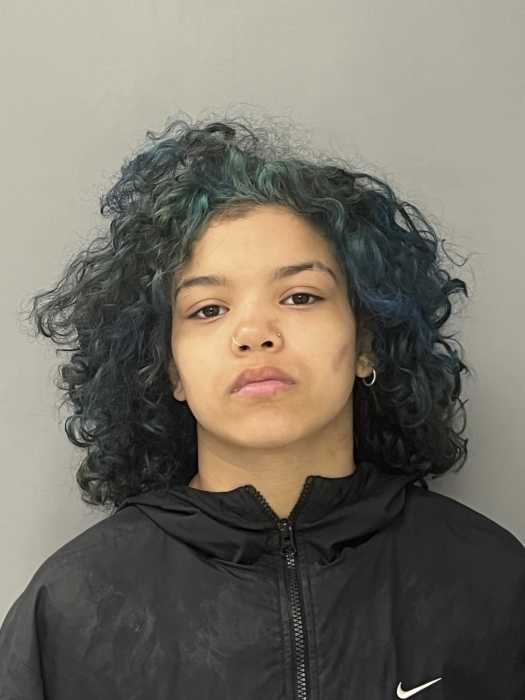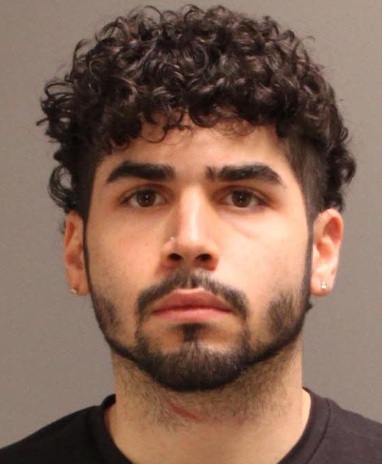Mayor Cherelle Parker gathered a somewhat unlikely coalition of public and charter school leaders and advocates Tuesday to support state legislation that would result in a historic education funding increase.
In response to a court ruling last year and a resulting school funding report, the Pennsylvania House of Representatives passed a bill Monday that would provide a $5.1 billion boost over seven years to districts considered underfunded throughout the state.
The School District of Philadelphia is slated to receive a $242 million increase for the coming fiscal year, plus $119 million in savings through reforms to cyber charters. The legislation is expected to face scrutiny in the GOP-controlled state Senate.
“The message from the city of Philadelphia to Harrisburg today is that we are united,” Parker said. “We are united in our ask. We’ve been very specific in outlining what the ask is.”
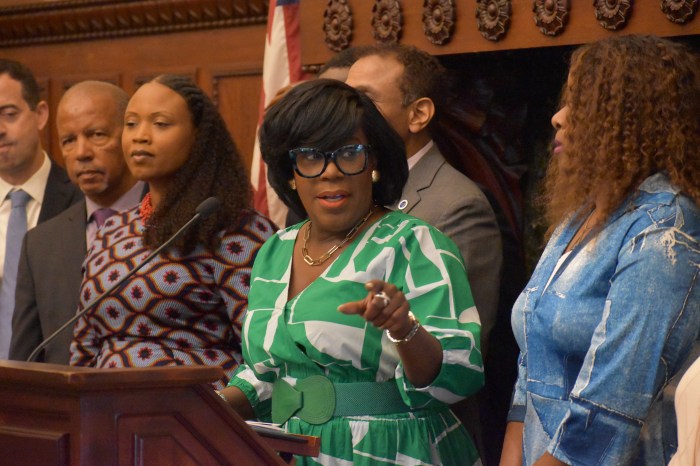
Parker and City Council President Kenyatta Johnson sent a letter earlier this week to Gov. Josh Shapiro expressing support for the plan. The document was co-signed by a host of groups that do not often agree, including representatives from the Philadelphia Federation of Teachers and Philadelphia Charters for Excellence.
“The groups assembled here today have put aside their differences for the good of our students and the good of our city,” Parker told reporters at a City Hall news conference.
Donna Cooper, executive director of Children First PA, added that “the injustice of the public education funding system in Pennsylvania is sustained by division.”
Funding levels in the legislation are based on recommendations from the Basic Education Funding Commission, which formed after a landmark Commonwealth Court ruling last year deemed Pennsylvania’s education allocations unconstitutional.
“What this plan can be is a watershed for the commonwealth, a before-and-after moment for the children of the commonwealth and of our city,” said Dan Urevick-Ackelsberg, an attorney for the Public Interest Law Center who was involved in the case.
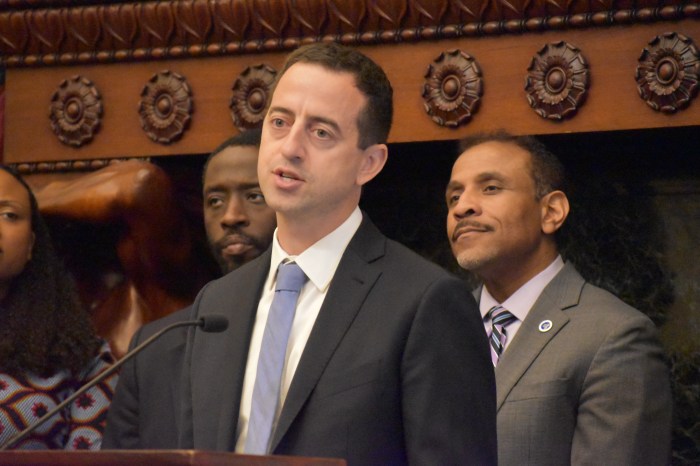
School District of Philadelphia Superintendent Tony Watlington Sr., who also spoke at Tuesday’s event, said the additional money will “drive faster improvement” in the city’s public schools.
The funding would be used to expand an extended day and yearlong programming pilot — a Parker priority — set to begin in the fall with 20 schools, he said. Watlington said the increase would also allow the district to relaunch a “parent university,” hire more teachers and invest in school buildings.
Lawmakers in Harrisburg are currently negotiating the state budget, and Senate Majority Leader Joe Pittman, a Republican, said the legislature has “consistently invested more money in educating fewer students statewide.”
“Accountability, reforms and implementing ways to further empower parents in the education of their children also must be key components of Pennsylvania’s education system moving forward,” he said in a statement Tuesday.
Parker avoided answering questions about proposals for a statewide voucher program and a related campaign centered in Philadelphia from hip hop mogul Jay-Z’s entertainment company, Roc Nation.
This week, the company launched a 10-day “Dine & Learn” series at locations around the city to provide information about the Pennsylvania Award for Student Success (PASS) proposal and encourage residents to advocate for it.
PASS would offer publicly funded scholarships between $2,500 and $15,000 – depending on grade level and whether a student requires special needs services – for children who assigned to low-performing schools. The awards would be open to people earning up to 250% of the federal poverty level, which is about $75,000 for a family of four.
Roc Nation, under the PASS It Forward label, is pushing for Harrisburg to allocate $300 million for the initiative.
Using government money to pay private tuition through a voucher initiative, such as PASS, has been controversial, and some Democratic elected officials and school advocates have criticized Roc Nation since news of the campaign came out late last week.
“It doesn’t matter how many rappers endorse the idea, spending $300 million on school vouchers while our public schools crumble is shameful!” City Councilmember Jamie Gauthier wrote on X, formerly known as Twitter.
Desiree Perez, Roc Nation’s CEO, said the company’s goal is to make parents aware of what lawmakers are considering in Harrisburg. She referred to the state of Philadelphia’s schools as a “catastrophe.”
“I’m happy that we’re creating conversation that allows people that actually live in these communities and have children in these communities get to hear the arguments, because ultimately, they’re the ones who make the decision,” Perez told Metro.
Roc Nation representatives pointed to the district’s low test scores. PSSA exam data from 2023 shows that only about 16% of 8th graders ranked proficient or above in math and 37% reached that mark in English.
“These are the students that are attending the lowest performing schools,” said Dania Diaz, the company’s director of philanthropy. “They should have this option.”
The mission is personal for Diaz. She was accepted into the Oliver Scholars program as an 8th grader, which allowed her to transfer from her public school in Queens, New York, to a private institution. The experience was “transformative for me,” Diaz added.
In addition to the events, Roc Nation’s campaign includes billboards and social media advertising. Perez said the company anticipates spending less than $1 million on the effort and is not using any outside funding sources.



